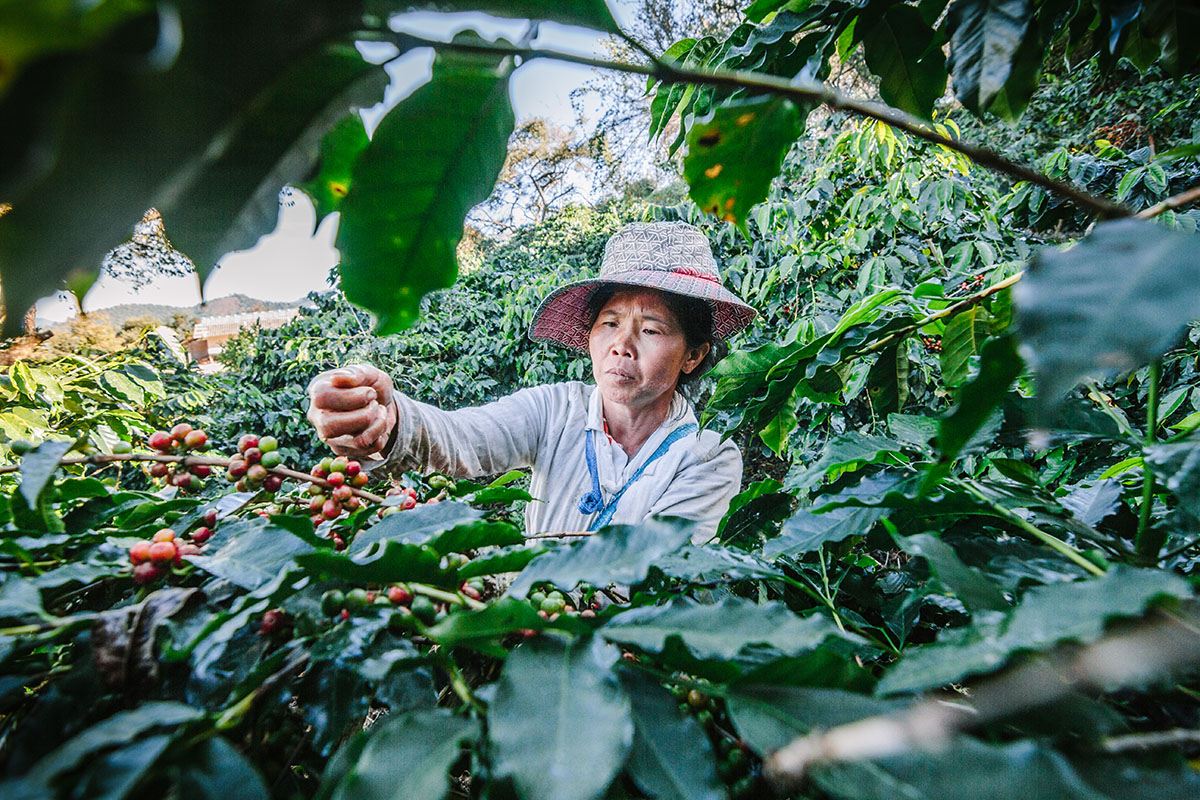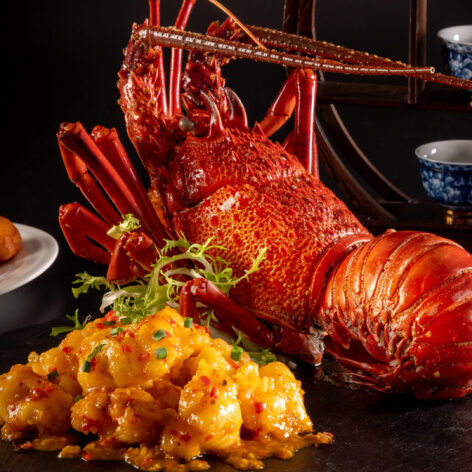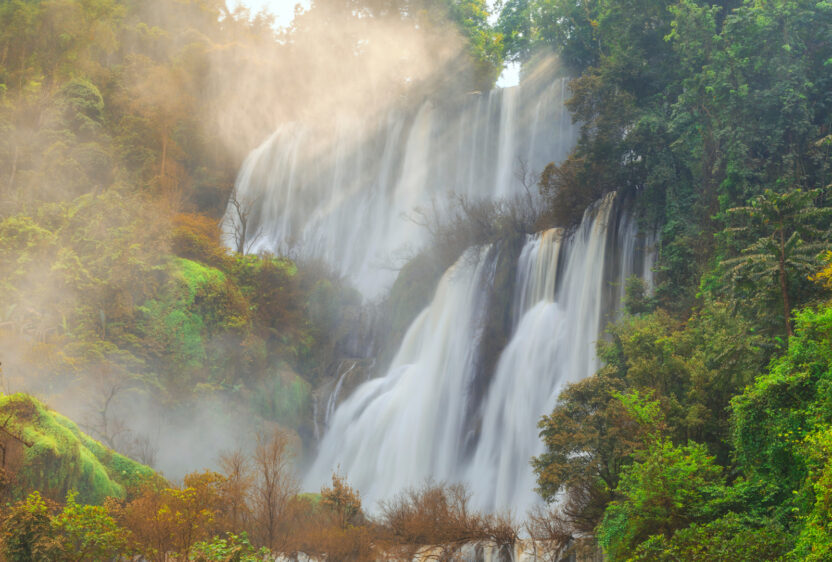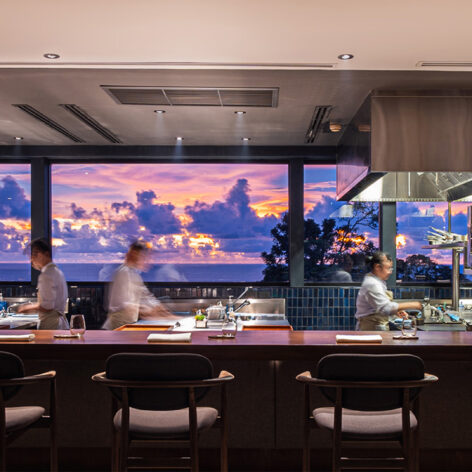Bangkok isn’t necessarily the first city that springs to mind when you think of life-changing coffee, and Thailand isn’t among the world’s top coffee producers (yet). But over the years the country’s northern highlands have slowly become a specialty coffee powerhouse in their own right, thanks to royal and government initiatives, and a new generation of young, creative farmers and social entrepreneurs.
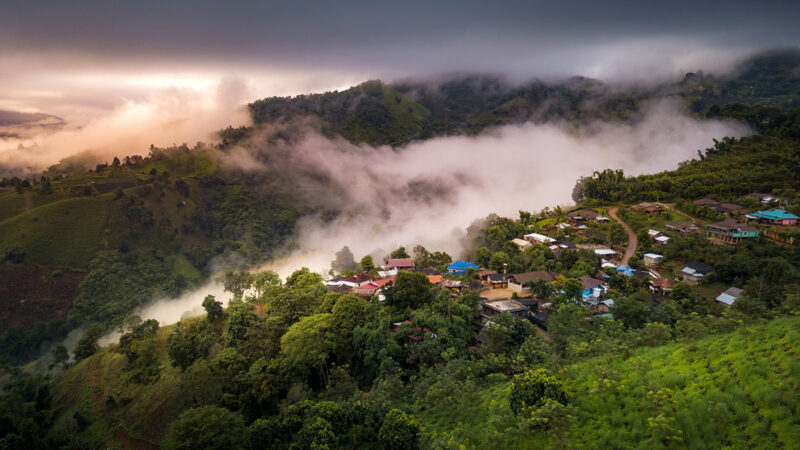
The cooler, high-altitude regions of northern Thailand are perfect for growing premium Arabica, and in provinces like Chiang Mai and Chiang Rai, community-based social farms sprung from the Thai Royal Projects grow, process and roast sustainable coffee. These hill tribe villages were once stricken with poverty, and opportunities were scarce. Growing tea and coffee provided a lifeline.
Social enterprises like Akha Ama Coffee, founded by Lee Ayu Chuepa, work with hill tribes and small farms to produce specialty coffee. Lee, who is Akha – a tribe native to Thailand, Myanmar, Laos and Yunan – was the first person in his village to graduate from university, his education funded by his parents through growing and selling vegetables and coffee. He founded Akha Ama in 2010, converting his small village of Mae Chan Tai into kilometer zero for a brand whose aim is to empower and help small coffee farmers. Now Akha Ama has several coffee shops across Chiang Mai and one in Tokyo.
Akha Mae Chan Tai, at Empire Tower in Yan Nawa, Sathorn, also specializes in handpicked, small-batch Arabica coffee from Mae Chan Tai. The coffee shop, a social enterprise co-owned by the Akha community of Mae Chan Tai and a Japanese initiative, is designed to support historically disadvantaged hill tribes in the north by putting their hero product front and center, all at affordable prices.
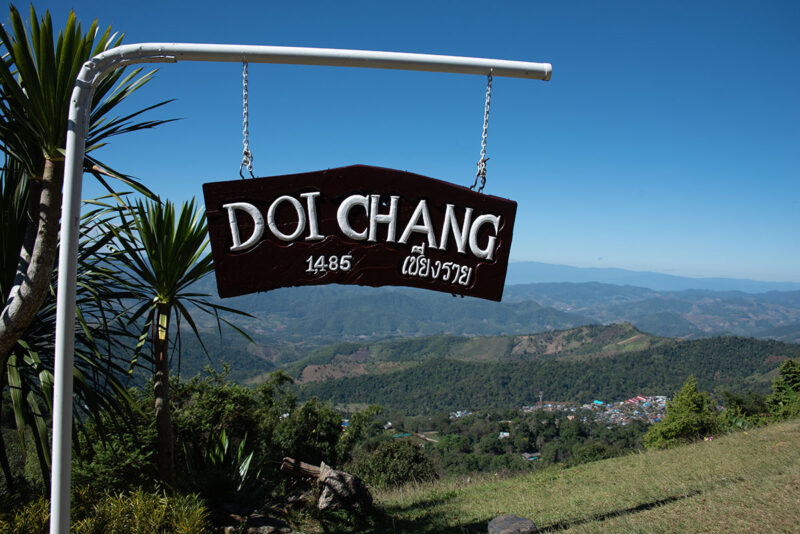
Roots BKK also sources beans from Doi Chang, said to be the largest coffee-growing area in the north. In Doi Chang, Nawin, a third-generation coffee farmer, experiments with different coffee growing techniques, such as using leftover coffee cherries as fertilizer, not just to improve the quality of the coffee, but also for higher farming efficiency and sustainability.
Since the coffee boom in the north, the benefit chain has included a decrease in deforestation, an increase in average household income, and better prospects for hill tribe villages. The next time you grab a cup of coffee in Bangkok, think of premium Arabica from Chiang Rai, and make it a good one.
Ready for a taste of Thailand? Fly directly with Thai Airways.


